Today, 8 of March, is the International Womxn’s Day. That is why the members of the Feminist Network of IFM-SEI have prepared the following article. The aim is to raise awareness of womxn situation and advocate for equality - which womxn are still trying to achieve.
Womxn suffer it in all spheres of our lives: economy, social and political organisation, culture, ideology... Heteropatriarchy builds hierarchical power relations where masculinity and femininity are the only models. The use of violence is essential for this system so that womxn continue oppressed in all these live spheres.
Today it is more important than ever to commemorate all those people who have fought and continue to fight for real equality for all people.
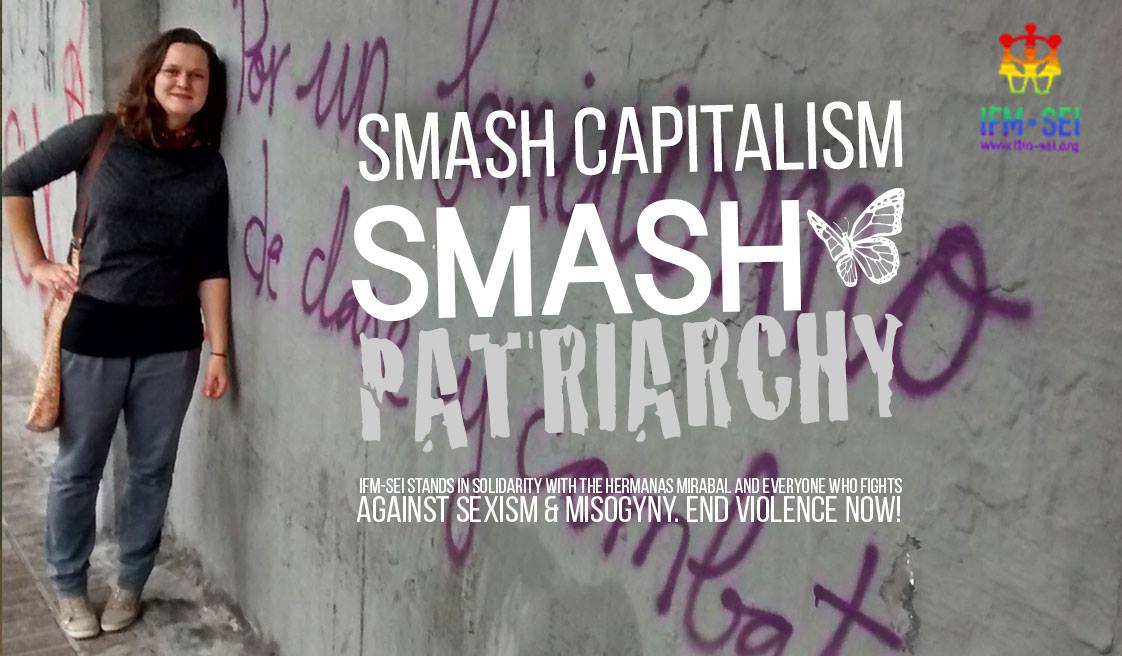
Rights which we have achieved as well as turning points for womxn in the past (listed by dates):
- January 23, 1849: Elizabeth Blackwell becomes the first woman to graduate from medical school and become a doctor in the United States.
- January 29, 1866: Petition for Universal suffrage. This petition was part of the first national drive to focus on women’s voting rights.
- March 3, 1913: Women marching in suffragette parade, Washington DC
- January 12, 1932: Hattie Wyatt Caraway (Arkansas) becomes the first woman elected to the U.S Senate
- June 10, 1963: the equal pay act is passed by Congress, promising equitable wages for the same work, regardless of the race, colour, religion, national origin or sex of the worker.
- January 22, 1973: Supreme Court makes abortion legal.
- July 7, 1981: Sandra Day O’Connor becomes the first woman to serve on the Supreme Court.
- January 20, 2021: Kamala Harris is sworn in as the first woman and first woman of colour vice president of the United States.
Where are we today?
Unfortunately, job opportunities are still unequal, and although in some countries today there are more womxn university graduates than men. Another good example is Iceland, the only country in the world to have recently passed a law on equal pay for womxn and men. While in the rest of the world womxn suffer wage discrimination, as well as political and social discrimination because of their status as womxn. This discrimination is aggravated in some places by racial discrimination, as in the case of womxn of African descent and Latin America. But these are not the only problems in the struggle for womxn's rights worldwide.
If we take stock of the data on womxn's rights around the world, it is truly chilling. There are countries, where womxn are subordinated to male desire and control. This is the case in Yemen, where there are no women in government positions. Or in Iran, where a womxn needs permission from her father, husband or son to study, work or even play sport.
In Somalia, womxn have no say. Not even rights, as a human being. In Saudi Arabia, a womxn can only be on the street in the company of a man, be it her father, husband or son. They are also restricted from voting, driving, travelling or working without male supervision. In Iraq, for example, womxn must wear clothing that fully covers their bodies except for their eyes. Girls as young as 9 are now available for marriage.
In Lebanon, honour killing is permitted. This is the power to kill a womxn if she is suspected of adultery, even if adultery has not been proven. In Morocco, the illiteracy rate among womxn is around 75%. In Chad, only 28% of adult womxn can read. And in Pakistan, only 25% of womxn have access to a job.
In Latin America, inequality is also a reality, which translates in the worst cases into the murder of womxn simply because they are womxn. In Mexico, for example, more than 10,000 womxn have been murdered since 2012, but more than 80% of the cases have gone unpunished.
Female genital mutilation continues to be practised in different parts of the world. As many as 200 million girls and women have been cut (44 million of them under the age of 14). This procedure violates the physical integrity of girls and women. Not only does it not provide any health benefits, but it also has serious physical and psychological consequences for women who undergo female genital mutilation.
In global data, one in three women experience physical or sexual violence in their lifetime. Some 46 million people are involved in slavery and trafficking networks and seven out of ten of those involved are women or girls. One in three girls on the planet is forced into marriage against her will before the age of 18. Two thirds of the world's illiterate people are women. Women make up less than a quarter of the world's parliamentarians.
Undoubtedly, these are data and situations that, in the 21st century, should be completely eradicated.
What this means for CHILDRENS (RIGHTS)?
We also want to highlight the right to abortion. It is an extremely relevant topic because the legalization of abortion has been a constant struggle for womxn worldwide.
As per recent data from World Health Organization (2012):
- Each year, 22 million unsafe abortions are estimated to take place, resulting in the death of an estimated 47 000 women.
- Around 40% of women of reproductive age live in countries with highly restrictive abortion laws or, where abortion is legal, neither available or accessible
- Approximately 47 000 pregnancy-related deaths are due to complications of unsafe abortion.
- In addition, 5 million women are estimated to suffer injuries because of complications due to unsafe abortion.
Over the last 25 years, more than 50 countries have changed their laws to allow for greater access to abortion and recognized the importance of safe abortion in protecting women’s lives and health. More recently, in October 2020, Argentina legalized abortion, becoming the third country in South America to permit this practice. However, backlash against women’s legal right to abortion has resulted in the enactment of restrictions and obstacles to timely procedures. Thus, it is crucial to monitor the evolving legal context and how it affects. At the same time, Poland was facing a controversial near-total ban on abortion which has taken constitutional effect.
During the covid-19 pandemic, these obstacles accentuated. Public health systems are overwhelmed, abuse and isolation can pass unnoticed due to the lockdowns, travelling abroad to terminate an unwanted pregnancy is not possible as flights are cancelled, and borders closed.
So, what are we advocating for? Equal justice for all - no matter the gender!!!



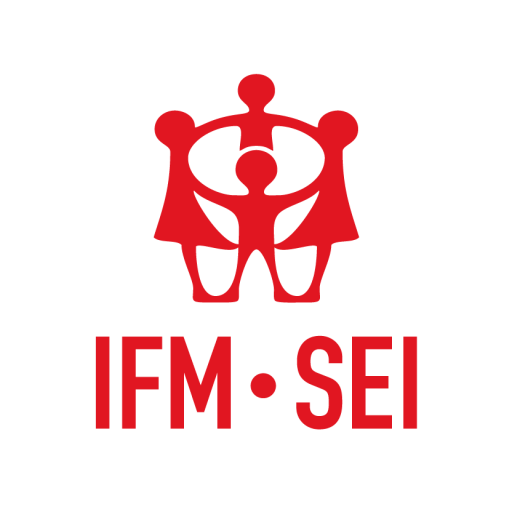
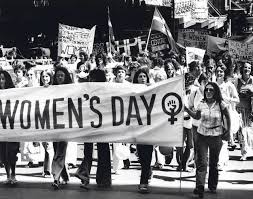
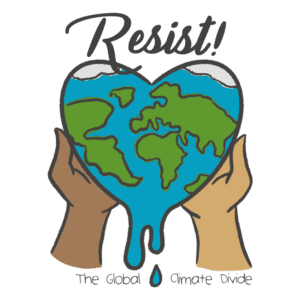

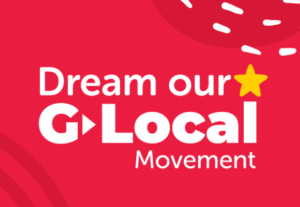


Comments are closed